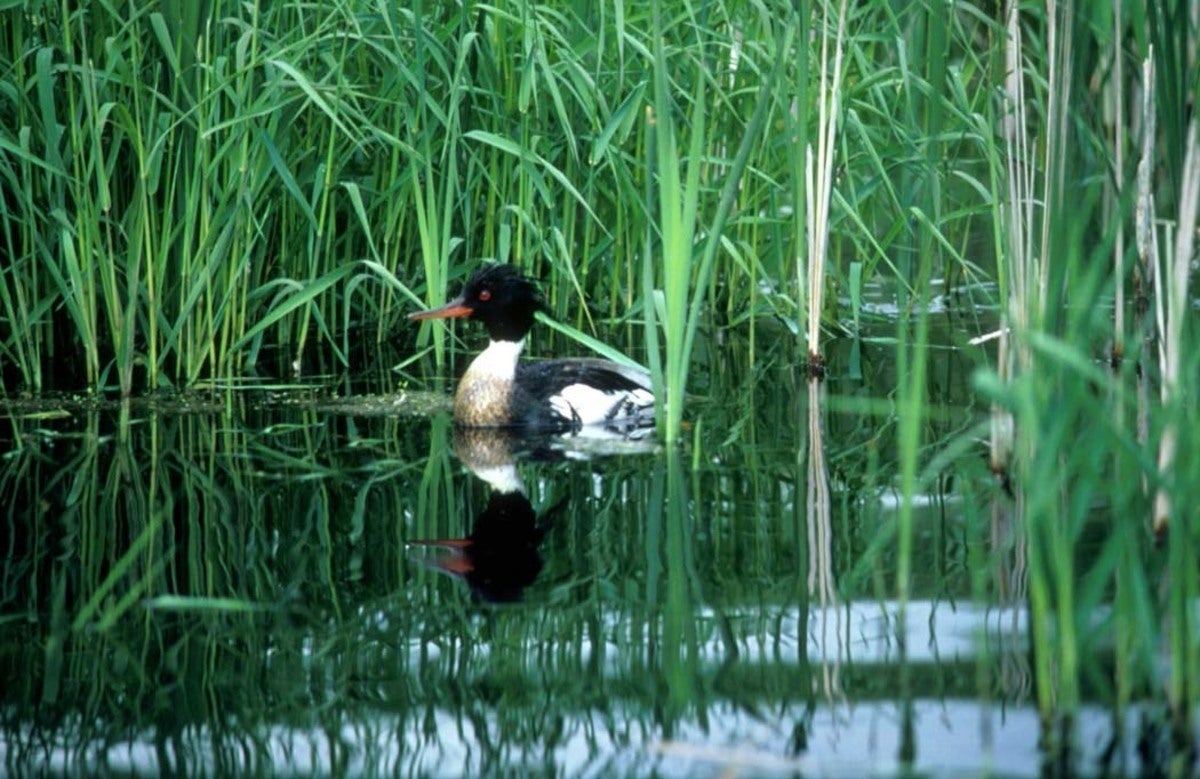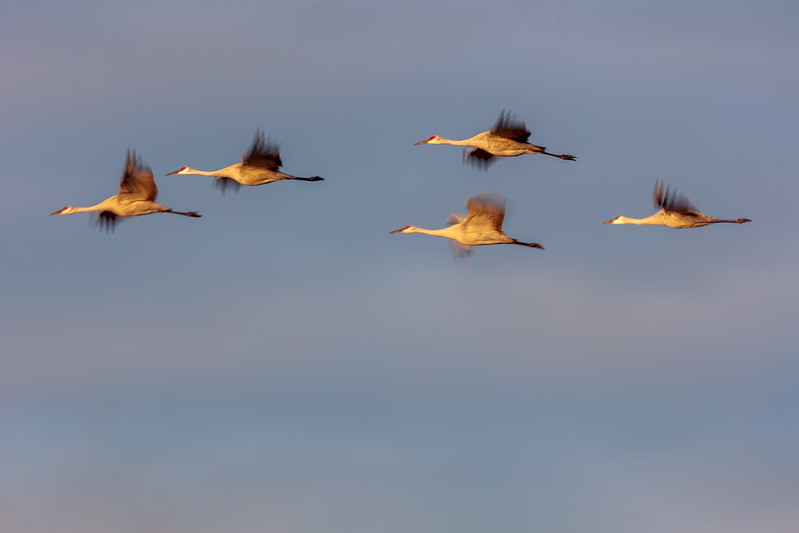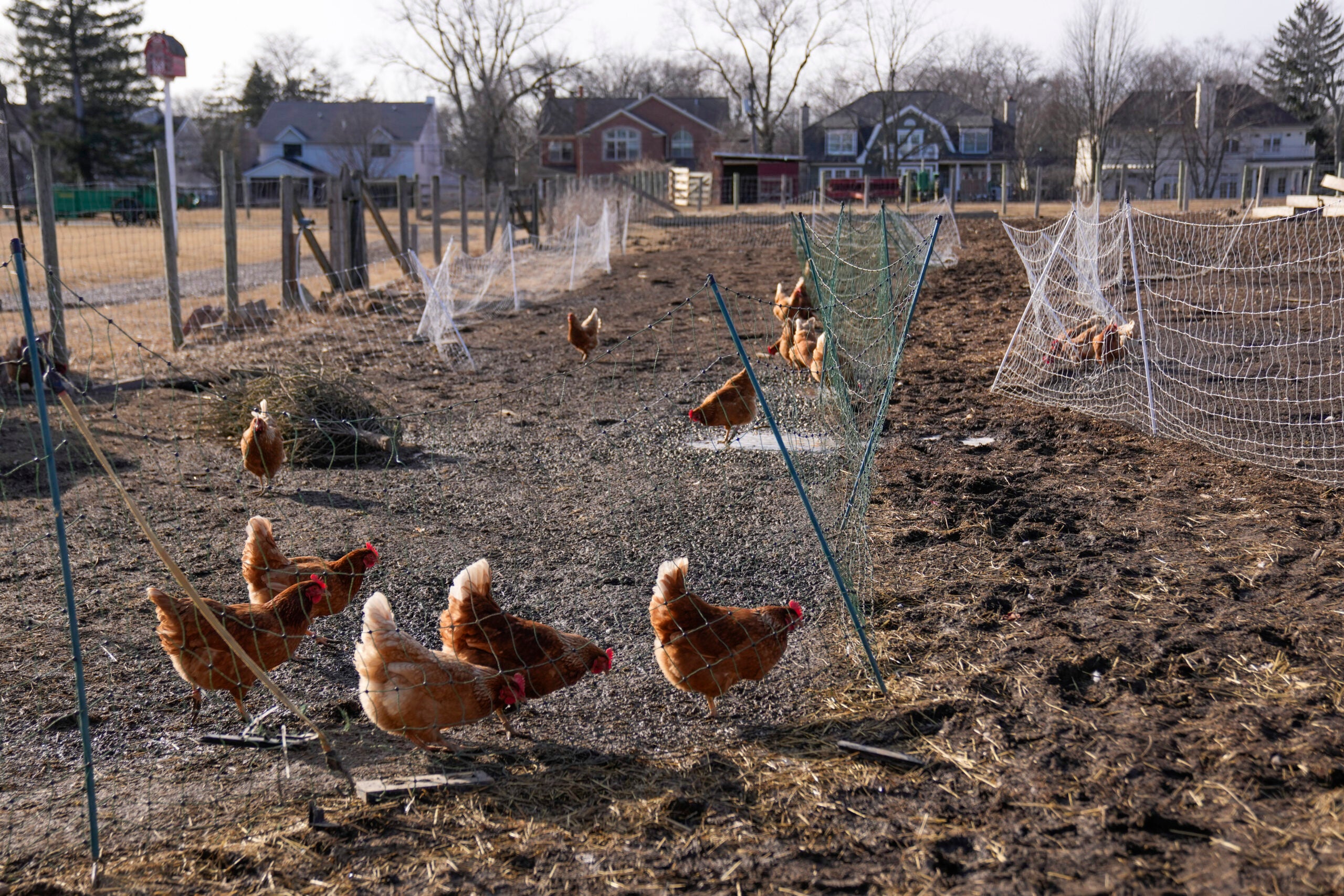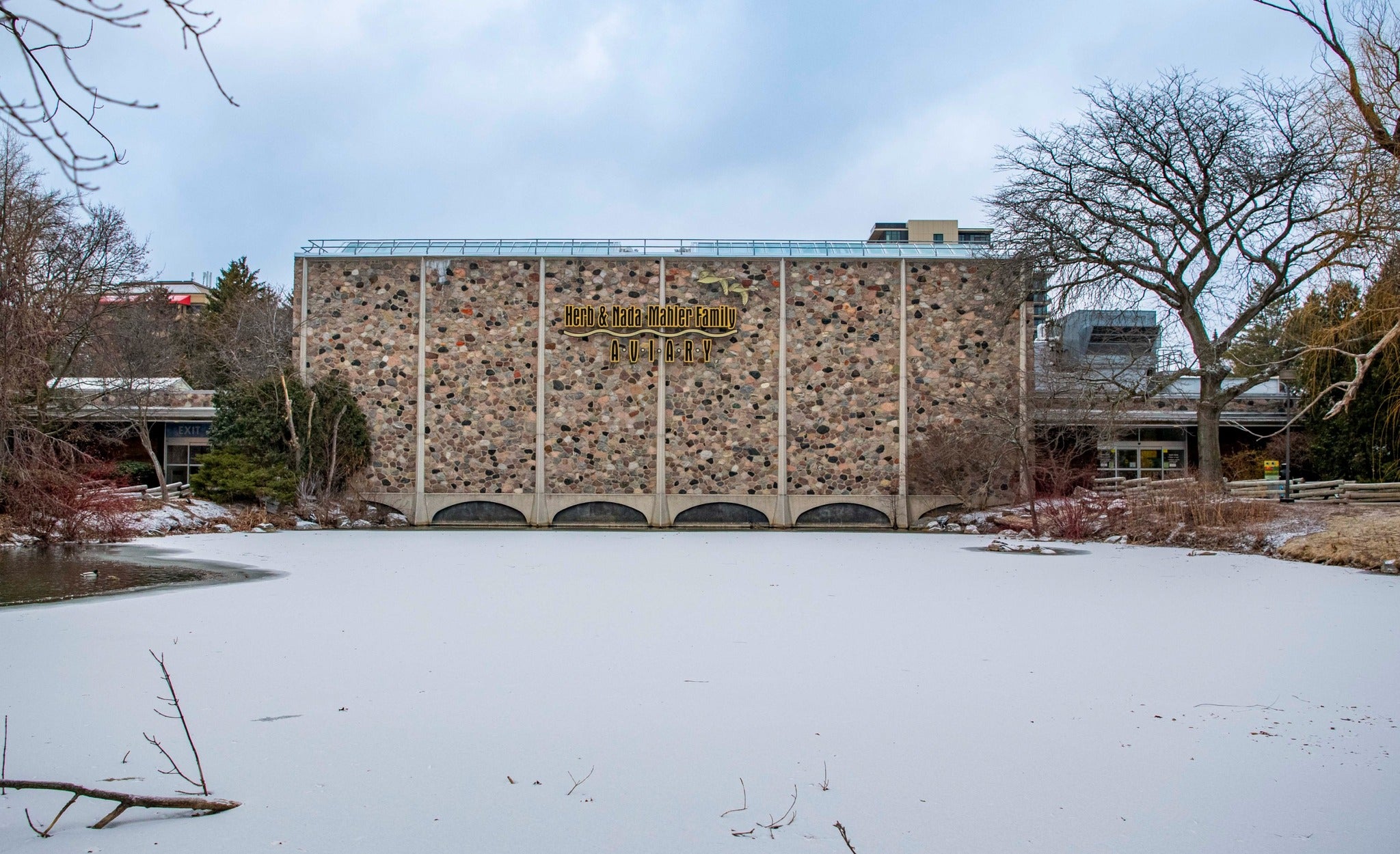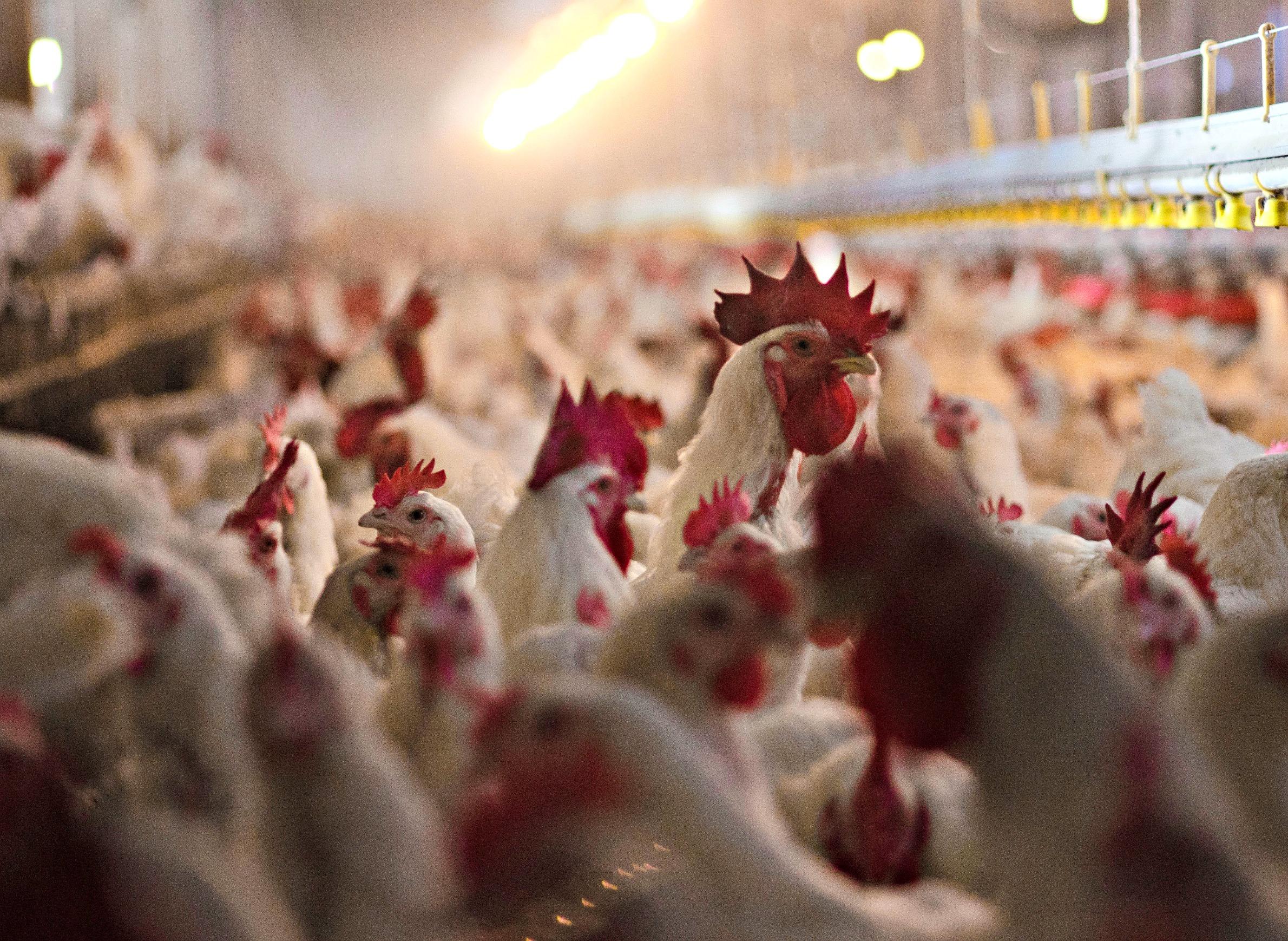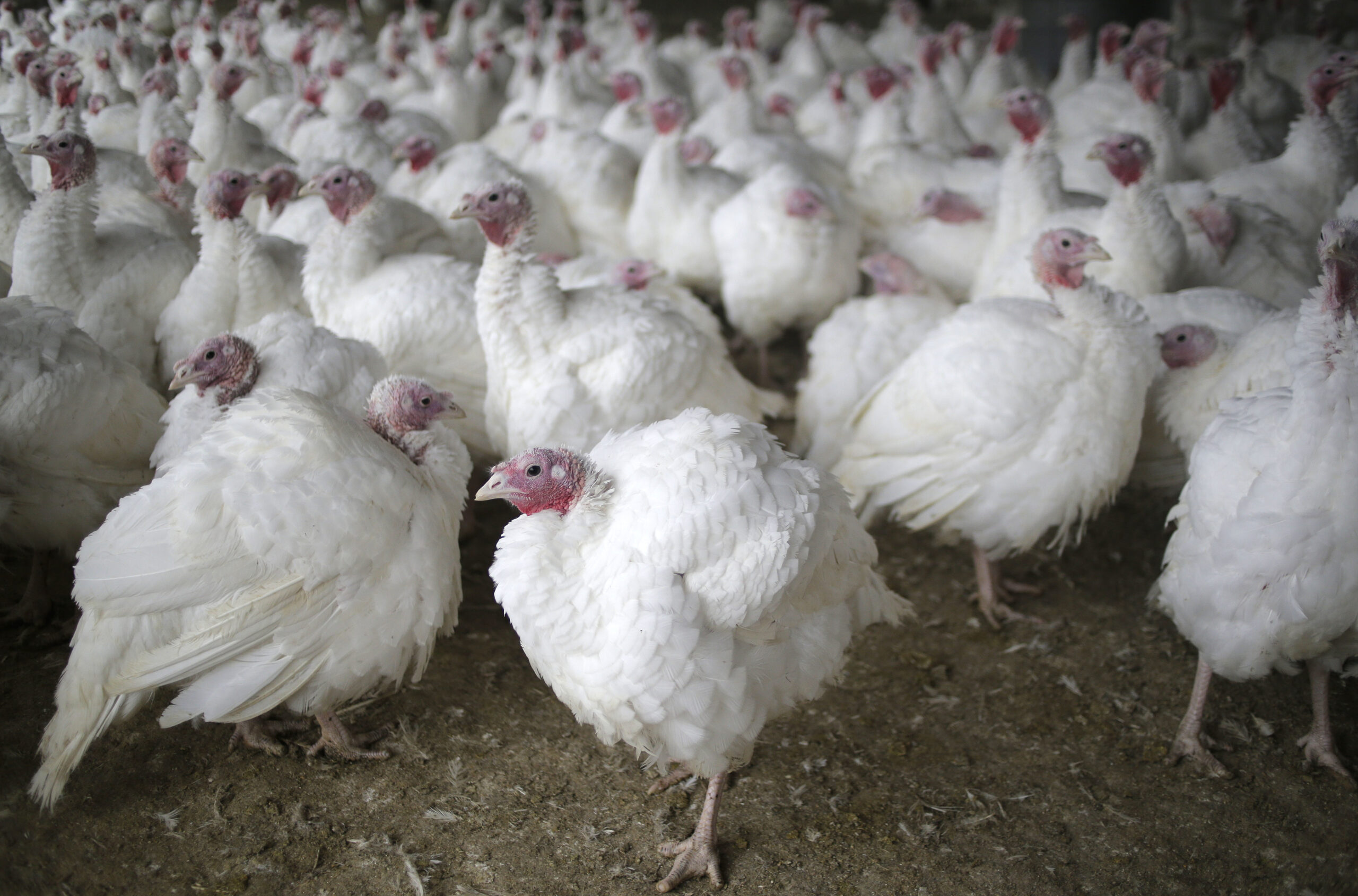Wisconsin wildlife officials have identified the highly contagious avian influenza virus in wild ducks along Lake Michigan.
The state Department of Natural Resources reported on Friday that laboratory tests had identified the virus in a wild merganser recently collected in Milwaukee County.
According to the statement from the DNR, officials also received reports of sick or dead mergansers and other waterfowl along the shoreline in Racine and Kenosha counties. The reports involved fewer than 50 birds total.
Stay informed on the latest news
Sign up for WPR’s email newsletter.
Hundreds of red-breasted mergansers were found sick or dead along Lake Michigan in the Chicago area earlier this month, with officials suspecting avian flu as the cause of the deaths.
Last week, the leaders at the Milwaukee County Zoo announced they were closing their aviary for “the foreseeable future” as a precaution against the virus.
Tom Finley, director of education at the Schlitz Audubon Nature Center in Milwaukee, said he has been talking with their visitors about the virus and urging people not to approach or collect dead birds they might encounter.
“It’s important to educate and be aware and thoughtful, as opposed to being reactionary or even frightened,” Finley said.
He said mergansers and other ducks spend their winter on the open waters of Lake Michigan diving for fish, making it less likely that people will encounter them in parks or backyards.
The avian flu virus has been identified in other wild bird species. The majority of reported deaths have been in swans and Canada geese, according to the DNR. State officials have identified the virus in six Wisconsin counties since December, including Dane, Brown, St. Croix and Wood.
Federal and state public health officials say the risk of avian flu to the general public remains low. There have been 68 human cases of bird flu in the U.S. over the last year, but the majority have been in people exposed to the virus on poultry or dairy farms. Only one case in Louisiana was in a person with exposure to wild birds and backyard poultry.
Wisconsin Public Radio, © Copyright 2025, Board of Regents of the University of Wisconsin System and Wisconsin Educational Communications Board.
